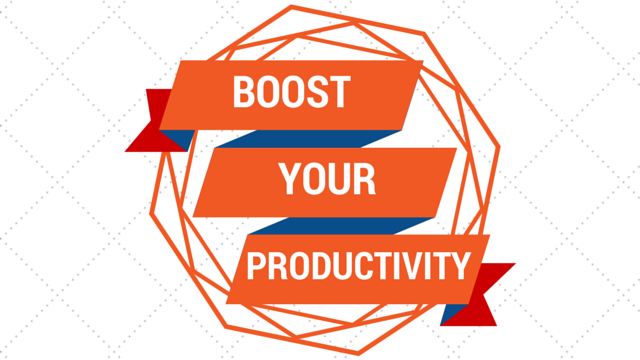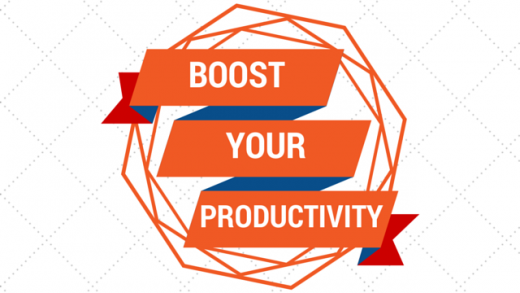3 Terrible Work Habits That Actually Boost Your Productivity
— December 23, 2016
From time to time we all have the tendency to take shortcuts. There are some days when the urge to engage in work practices that seem lazy or ineffective is strong and hard to fight. But sometimes, though we may seem to be slacking off, these so-called terrible work habits are actually making us better at what we do.

The following habits may seem bad on the surface, but when practiced intentionally and with purpose, they can actually end up boosting productivity in the workplace. Here are three supposed bad habits, that are actually a lot better for you than you might think:
Working fewer hours
Most modern company cultures encourage employees to work longer hours than they are officially required. This may be through excessive workload, unreasonable deadlines, peer pressure, or, as the Harvard Business Review put it, “an overdeveloped sense of duty”. This attitude of work now, rest later stems from Silicon Valley startups who idolise entrepreneurs who never sleep and barely eat on their blazing path to billionaire status. But it is becoming increasingly clear that this mindset is actually bad for productivity of individuals and businesses.
Serviced office providers i2 Office have found that excess overtime has had a negative impact on office productivity, saying it can lead to “mental and physical fatigue among the workforce, increased absenteeism and a higher staff turnover.” None of these things are good for a business.
So what if we all worked a little less? HBR found that employers find it impossible to differentiate between employees who work 80 hour weeks and those who just pretend to. They even found that employees who worked less were no less productive than those who really did work excessive overtime, as the longer we work the more burnt out we get, and the quality of our work diminishes. As long as you are efficient, less can be more when it comes to working hours.
Ignoring your emails
According to one poll, 50% of people check their email inbox between 6 and 30 times a day. Employees see constantly checking emails as imperative. Failing to answer them right away is seen by many as bad practice. But is this right?
Increasingly, business experts are advising workers to check and respond to emails much less frequently than is currently the norm. Some recommend checking emails just once a day in the morning, and only responding to them at that point if they are easily addressed.
Infrequent checking of emails allows you to formulate a more effective plan for the rest of the day. Studies have even found that checking emails less can decrease stress levels, allowing you to carry out the tasks at hand much more effectively and, yes, productively.
Staying in bed
Working fewer hours is one thing, but skipping work to sleep has to be a bad thing. Well, bosses may not like it if you do this without their approval, but there is overwhelming evidence that getting more sleep may seriously boost productivity during the waking hours.
The Silicon Valley mindset tells us to revere those ‘surviving’ on very little sleep, but maybe these individuals would be even more productive if they set their alarms a little later. The sleeping patterns of some of the world’s most successful businesspeople and leaders shows that most of them actually get around 8 hours per night.
The science behind this choice is clear. Deep sleep (or REM sleep) shuts down stress modules in your brain, allowing you to recoup before another hard day of work. If this didn’t happen, you would be drained and on edge whilst working. A BBC study backs these claims up, and it even suggested that lack of sleep could be linked to diabetes and cancer, both of which are of course linked to early death.
Coming in late due to oversleeping is still likely to be seen as a bad work habit, no matter how many times you try to defend yourself with science, but asking about naps in the workplace may be more successful. Napping at work has been proven to boost productivity in the same way that extra sleep does, and more leading companies are allowing it.
Business & Finance Articles on Business 2 Community
(65)














